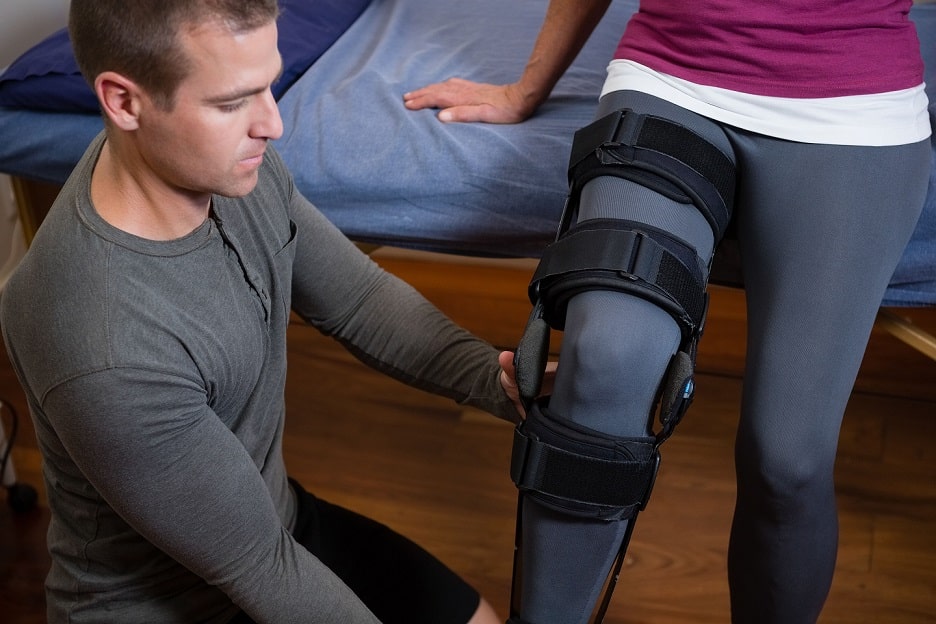There is a negative stigma associated with making a claim for personal injury compensation. Lawyers are branded greedy ‘ambulance chasers‘ and the media constantly talk of a ‘compensation culture‘ and Briton’s having ‘the weakest necks in Europe‘ when it comes to whiplash claims.
We hear stories of lawyers raking in £100,000 in fees and victims receiving just a thousand pounds in a case against the NHS, or the million pound pothole claims.
So the purpose of this article is to address these ongoing issues.
Are lawyers greedy? Do we make too much? Is the system unfair?
For years now law firms can only ever get paid for work they have carried out that is seen as reasonable. So the idea that we can run a claim for years and drag it out on purpose is total rubbish because we would never get away with it. I mean, for one, the client would probably make a complaint if we just kept fobbing them off with no real updates and dragging out. But primarily our fees wouldn’t be seen as reasonable and would therefore be unrecoverable.
The only time and money we’d be wasting would be our own!
So this simply doesn’t happen. Although there are plenty of occasions where the other side defend the claim for years and then finally admit liability, meaning they are the ones who have dragged it out, hiked up our fees because we have had to fight them, and then essentially shot themselves in the foot when our legal fees end up being high.
On top of that, for the vast majority of cases, we get fixed fees if we win. In road accidents the base amount is around £500 and for most accidents at work and general claims it’s around £900. Those kinds of figures are actually too low, so we’re working to strict budgets.
So, what about these stories of £100k fees or million pound pothole claims?
It’s a fairly regular occurrence to see yet another story where a law firm receives fees between £50k and £100k yet the victim only gets a few thousand pounds – so why is this?
Well legal fees and the amount a person can claim for are entirely different things. Our fees, when they’re not fixed, are based on the time we have spent on the file. Even then we can only recover what is seen as reasonable, so there are plenty of telephone calls, letters, and other forms of correspondence that we will never get paid for. The value of the claim is entirely dependent on the severity and length of the injury.
They’re two totally separate things… So when you see a lawyer receiving £50k in legal fees, it’s probably because:
Time is money
The case was denied by the opponent and went to court where it was eventually won – meaning a lot of time has been spent on the case. There could be hundreds of calls, letters of advice, emails, etc which all need time and sometimes research in preparing. There could be statements, reports, attendances with the client – a whole host of necessary things.
Disbursement costs
A disbursement is something we pay out for and then look to recover back from the other side. Court fees, medical report fees, and other costs in proving the case will be high. When the opponent defends the claim we are the ones who have to spend money on evidence proving it, and we can recover these costs of these from the other side if we win.
Barrister fees
Going to court means instructing legal counsel to advise and represent us. They also need paying for their time, and the fees can be quite high when a case is defended for such a long time; and where they need to attend court for us.
A large proportion of that £50k will not actually go to us – it will go to the court and our experts that we need to prove the case because the opponent decided to try and defend it all the way, when they really ought to have admitted liability to keep fees and costs down.
When it comes to million pound payouts, I’ll keep the answer to this one short – the value of the claim is based entirely on the length and severity of the injuries. A million pound payout could easily mean the victim has permanent brain damage or is unable to walk again, and likely won’t be able to work ever again, and probably can’t look after themselves independently.
If you trip on a pothole and break your head open on the concrete, this can easily happen.
Is it right to make a claim?
There is no compensation culture. It was looked in to and it was found to be nothing more than a media-fuelled myth that was largely stirred up by the insurance industry. Why? Because insurance companies are private profit making organisations with a duty to their shareholders. They need to limit payouts to keep their margins healthy. As such, they want to put you off claiming.
If you are injured and suffer for months, lose money from time off work, need medical care and help, and end up spending a lot of money on getting yourself better, why shouldn’t you be entitled to recover compensation if it wasn’t your fault?
Would you rather take the hit yourself and end up behind on the mortgage payments for months and have to scrape yourself back in the black in your bank account, or be compensated when you were injured in circumstances that should ever have happened?
I think the answer is obvious.
Like most things involving money in life – claiming social benefits; buying things online; investing in offshore holiday ventures – there are people who will take advantage of the system and fraudulently try and claim. They are largely caught out so don’t let the negative stigma that really is entirely misguided and unfair stop you from claiming when you have a genuine case.
It is, of course, always your choice – but when you learn the truth, which you hopefully have in this blog, you will think twice about questioning whether you ought to make a claim or not.
You have the right – so use it. And by no means is claiming easy. The court system is far more likely to side on the opponent as opposed to yours, so law firms are selective when taking claims on and the idea is only a genuine claim with genuine prospects should be pursued.











